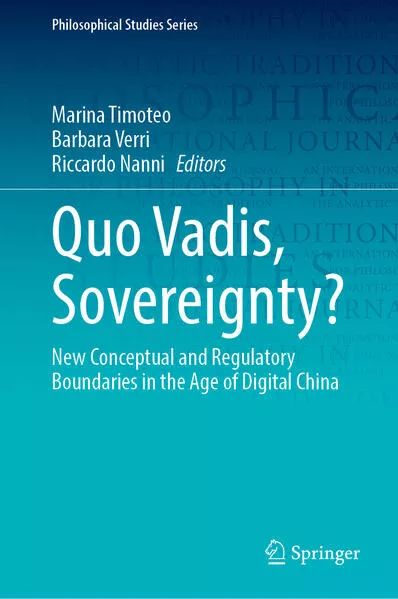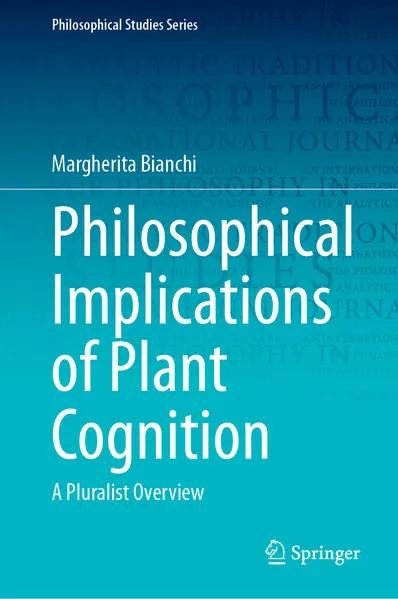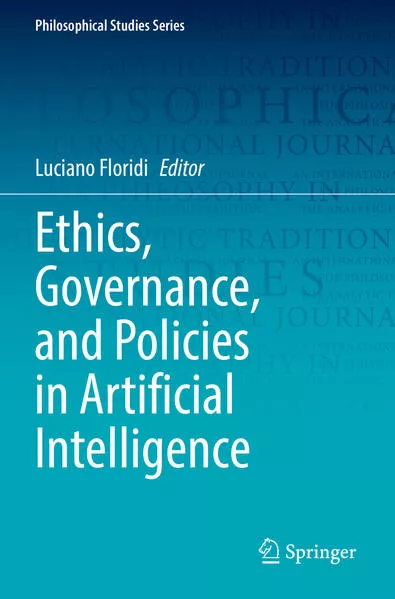Chronologie aller Bände (1 - 3)
Die Reihenfolge beginnt mit dem Buch "Quo Vadis, Sovereignty?". Wer alle Bücher der Reihe nach lesen möchte, sollte mit diesem Band von Luciano Floridi beginnen. Der zweite Teil der Reihe "Quo Vadis, Sovereignty?" ist am 17.12.2023 erschienen. Mit insgesamt 3 Bänden wurde die Reihe über einen Zeitraum von ungefähr 3 Jahren fortgesetzt. Der neueste Band trägt den Titel "Philosophical Implications of Plant Cognition".
- Anzahl der Bewertungen für die gesamte Reihe: 1
- Ø Bewertung der Reihe: 4
- Start der Reihe: 04.11.2022
- Neueste Folge: 29.12.2025
Diese Reihenfolge enthält 3 unterschiedliche Autoren.
- Autor: Timoteo, Marina
- Anzahl Bewertungen: 0
- Ø Bewertung:
- Medium: Buch
- Veröffentlicht: 17.12.2023
- Genre: Politik
Quo Vadis, Sovereignty?
- Autor: Bianchi, Margherita
- Anzahl Bewertungen: 0
- Ø Bewertung:
- Medium: Buch
- Veröffentlicht: 29.12.2025
- Genre: Sonstiges
Philosophical Implications of Plant Cognition
This book provides a detailed overview of philosophical ramifications of the emerging area of plant behavior. It is also a response to some of the main criticisms of this heterogeneous discipline. This volume is both a practical guide for those new to the subject, providing a historical reconstruction of the development of the topics, while at the same time an opportunity to allow for discussion at a more advanced level. It is not a demonstrative text, but rich in insights to guide future theoretical and practical research. This monograph appeals to interdisciplinary researchers and students working within the spectrum of life sciences to academic philosophy.
- Band: 144
- Autor: Floridi, Luciano
- Anzahl Bewertungen: 1
- Ø Bewertung: 4.0
- Medium: Buch
- Veröffentlicht: 04.11.2022
- Genre: Krimi
Ethics, Governance, and Policies in Artificial Intelligence
This book offers a synthesis of investigations on the ethics, governance and policies affecting the design, development and deployment of artificial intelligence (AI). Each chapter can be read independently, but the overall structure of the book provides a complementary and detailed understanding of some of the most pressing issues brought about by AI and digital innovation. Given its modular nature, it is a text suitable for readers who wish to gain a reliable orientation about the ethics of AI and for experts who wish to know more about specific areas of the current debate.


